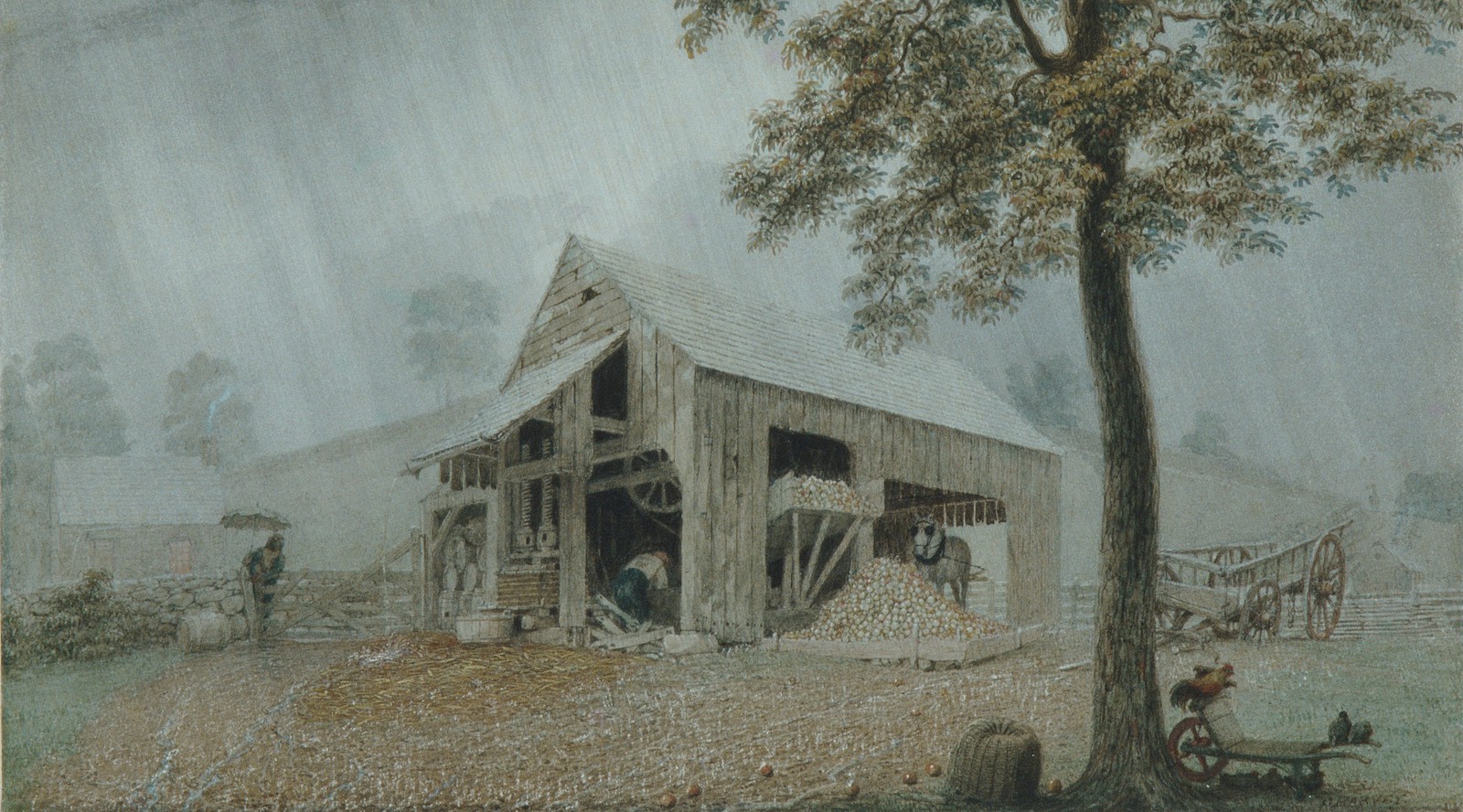It’s incredible how much the weather affects us.
Toward the end of their protracted journey to the Promised Land after their miraculous escape from Egypt, Moses gathers all the Israelites together and tells them that life in Canaan is going to be different from life in Egypt. One of the differences will be how their crops are watered:
The land you are to enter and possess is not like the land of Egypt from which you have come, where you would sow your seed and then water it by hand, as in a vegetable garden. No, the land into which you are crossing to take possession is a land of mountains and valleys that drinks in rain from the heavens. (Deut 11:10-11)
At first glance, the conditions in Egypt may seem preferable. Not only can their farmers rely on the predictable flooding of the Nile River to leave stretches of rich, fertile soil, but they also have irrigation systems that allow them to water crops by hand. In Canaan, however, the geography necessitates a different arrangement. There the Israelites will have to depend entirely on the rain. No rain, no food.
But relying on the rain has advantages too. The third-century rabbi Samuel bar Nachman names a few. First, since rain falls indiscriminately, not just along the river, no one can monopolize the water. Second, rain rinses dust off the vegetation and likewise cleanses the air. Finally—and most importantly—needing rain prompts people to turn to God in prayer.
Of course, the Israelites needed God for everything all along, even when they were in Egypt watering their seed by hand. But now, in the Promised Land, they are going to recognize their need. God wants them to be keenly aware of their total and inescapable dependence on him, not because it makes him feel important, but because it shows them their true situation and teaches them that God is surer and stronger than the surging of the Nile.
If ancient peoples with irrigation systems were at risk of forgetting their dependence on God, what about us who get our food from the supermarket? In the current Breviary, certain intercessions are prescribed for Morning and Evening Prayer. All together these amount to hundreds of unique intercessions. Of these hundreds, only two are given with the option to substitute another one, provided in parentheses afterward, and both omittable prayers are ones asking God to provide for our agricultural needs. For example, we can pray, Grant us good weather, Lord, that we may reap the copious fruits of the earth, or, as an alternative, Deliver us from all harm, Lord, and pour out your abundant blessings on our homes. Evidently, the compilers of the Breviary wanted to offer something more relevant for people far removed from the world of farming. Yet we must be careful to remember that, even if we buy our food at Giant or Kroger, it is still a gracious gift of God, who cares for the earth, giving it water and providing its grain (cf. Ps 65:10).
Those who recognize this have a great spiritual advantage. A few summers ago, I visited a rural church in Kentucky. Near the entrance, there was a book of prayer intentions. The most recent entry caught my eye because it was so short—just three words: “Rain. Ukraine. Son.” Whoever wrote it clearly embraced Jesus’ advice about brevity in prayer (cf. Matt 6:7-8). More than that, though, this prayer testifies to a simple but crucial truth: that he who made the skies is Lord of all—the weather, international relations, human hearts, and everything else.
We too should pray about the weather. God hears us when we do. Moreover, it reminds us that everything we have comes from his hand—the food we eat, the clothes we wear, the air we breathe, the people we love, and, of course, any good we do. As that Kentuckian’s prayer illustrates, those who know God as master of the weather are better disposed to recognize his sovereignty over everything else. May God give us such confident faith.
✠
Image: George Harvey, Rainstorm—Cider Mill at Redding, Connecticut







